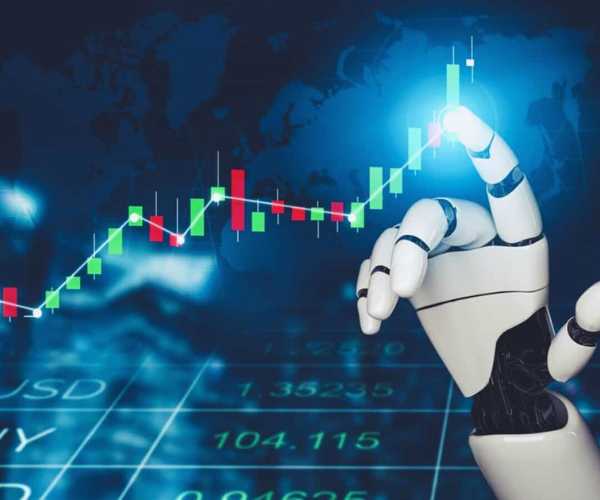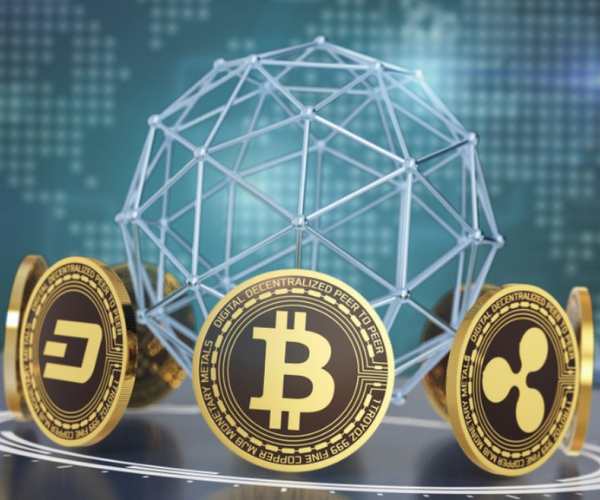Global Economy Tries to Leave Wave of Pessimism Behind
The global economy may not have as bad a year as expected a few months ago.
The reopening of China – with the end of the zero covid policy -, the less rigorous winter in Europe and the signal that the most acute phase of inflation in the main countries may be behind us have contributed to improving forecasts for the Domestic Product Gross Domestic Product (GDP) of the world.
Despite better projections, economists consider that the scenario is not optimistic.
In the case of Brazil, for example, the more positive global numbers help, but not enough to change the weak growth scenario expected for 2023.
In the last revision, the International Monetary Fund (IMF) raised the estimate for this year’s global GDP from 2.7% to 2.9%, but still below the average observed since 2000 (3.8%).
“The global perspectives are better than a few months ago, but I would say that the picture is still a challenging scenario”, says Eduardo Jarra, chief economist at Santander Asset Management.
In China, the reopening of the economy has been faster than expected with the end of the zero covid policy.
This contributed to the IMF raising the country’s economic growth forecast from 4.4% to 5.2%.
LESS COLD
In Europe, the less rigorous winter than expected also brought relief to the economic scenario, which was greatly affected by the conflict between Ukraine and Russia. There was concern that the severe cold could increase demand for gas and lead the region to face a shortage of the product.
“The milder winter in Europe has greatly reduced the need to use gas for heating purposes”, says Alexandre Bassoli, chief economist at Apex Capital. “The fear was that, if the winter proved to be severe, it would be necessary to implement rationing.”
SCRATCHS
At the turn of the year, many economists saw a risk that Europe could face a deep recession, an expectation that seems more distant today. Goldman Sachs (NYSE: GS ) even forecast a -0.1% GDP for the region. Today, it is estimated at 0.8%.
In the American economy, the scenario of exacerbated pessimism with inflation is beginning to be left behind. In December, on a 12-month basis, the consumer spending price index (PCE) rose 5%, down from 5.5% in November.
The PCE is closely watched by the Federal Reserve (Fed, US central bank). In its last meeting, the Fed reduced the rate of increase in interest rates, to 0.25 percentage points, reaching the range between 4.50% and 4.75% per annum.
The director of macroeconomic research for Latin America at Goldman Sachs, Alberto Ramos, however, considers that the low level of unemployment may still put pressure on inflation in the coming months. On the other hand, there are factors that already alleviate the rise in prices, such as the regularization of global logistics chains.
Effect in Brazil should be positive, but limited
Higher-than-expected global economic growth should have a positive – albeit limited – effect on Brazil. With China advancing more than initially projected, the trend is for commodity prices to advance, which favors Brazil.
“China’s recovery is excellent news, because the country is the main destination for Brazilian exports”, says Bassoli, from Apex Capital.
Analysts expect an increase in Brazil’s Gross Domestic Product (GDP) of 0.8% this year. The expectation of a warmer global scenario, however, did not make banks and consultancies promote major changes in their scenarios. Alberto Ramos, from Goldman Sachs, points out that China should mainly move the oil and copper markets . Last year, the bank projected growth for the eastern country of 4.5%. Now, the estimate is high of 5.5%.
Ramos considers, however, that Chinese growth will not have the same impact here as in the past. This is because, before, the country’s growth was based on investment in infrastructure, which demanded, for example, more iron ore , a commodity widely produced in Brazil. Now, China is boosting the economy through domestic consumption.
“This type of Chinese growth helps Brazil, but it does not benefit as much as the model based on infrastructure”, says Ramos.
Reference source: investing.com
 What Are the Share Market Trends for the Coming Years?
What Are the Share Market Trends for the Coming Years?
The share market is changing, and you can grow with it. Keep reading and learn more about this universe! Ad The share market is in constant […]
Keep reading How Blockchain Is Revolutionizing the Financial Sector
How Blockchain Is Revolutionizing the Financial Sector
Understanding what blockchain is means understanding the future financial. Ad If you’ve heard of blockchain, you know it’s a topic that’s changing the world, especially the […]
Keep reading 6 Essential Tips to Protect Your Crypto Investments
6 Essential Tips to Protect Your Crypto Investments
Exploring the digital world and making your crypto investments can be an exciting journey full of opportunities. Ad However, as with any promising venture, taking crucial […]
Keep reading